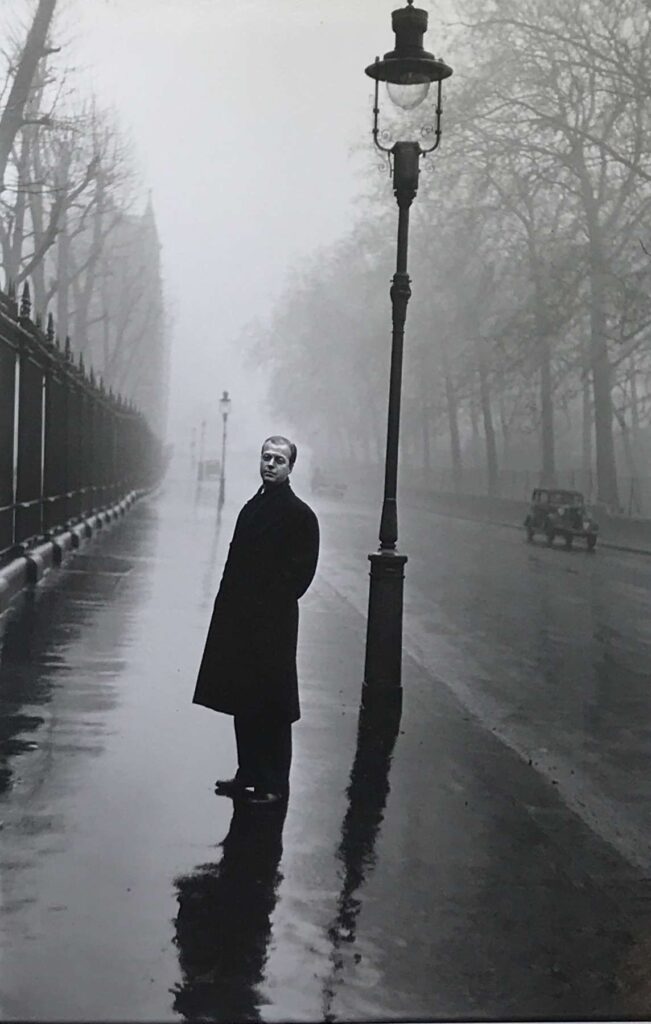Eric Ambler is credited with raising the thriller genre from pulp fiction to the level of literature and inventing the modern suspense novel. His writing is synonymous with suspense, action, and international intrigue. He introduced realism and relatability to the genre and his books have become blueprints for subsequent generations of writers. As the founding father of the modern espionage thriller, he inspired writers like John le Carré, Grahame Greene, and Ian Fleming. He influenced their characters too: Fleming’s novel From Russia, With Love, describes the most famous spy of all – James Bond – reading Ambler’s The Mask of Dimitrios.
He also created a new template for the spy hero. Before Ambler, literary spies tended to be old-fashioned, romanticized and somewhat patrician figures, who exuded patriotic, borderline-xenophobic, British values and consistently defeated implausible villains plotting to take over the world. In contrast, Ambler created ordinary heroes, thrust by chance into extraordinary circumstances. Their personalities are flawed but inherently relatable. His villains – like his heroes – are varied, nuanced, and fundamentally human. The great British espionage novelist John le Carré described Ambler as “the source on which we all draw”. Ambler’s transformation of the genre paved the way for the iconic spy thriller which is still globally adored today.
Ambler was also a famed Hollywood screenwriter and won a 1954 Best Screenplay Oscar nomination for The Cruel Sea. His cinematic flair is infused throughout his novels: glamorous, international thrillers packed with visual set pieces. His stories take the reader on a nerve-jangling world tour, via Europe, the Middle East, Africa, East Asia and Central America, exploring vivid and intriguing cultures and communities along the way. His protagonists are noticeably diverse: often non-British and non-white.
Ambler roots his novels in a detailed historical and geopolitical reality which lends them a refreshing veracity. His work is influenced by – and reflects – the rise of fascism and the build-up to the Second World War, the Cold War, and the fall of empires.
Alongside political events, power, imperialism, and the exploitative machinations of big business are a constant preoccupation of Ambler’s. He was a self-professed liberal and the moral imperative of social justice can be found at the core of all his works. Ambler sees exploitation and power as the twin roots of all evil, and almost every novel features corrupt corporations, institutions and organisations. His novels criticise the impact of imperialism, the exploitation of developing nations, and multinational oil and mineral business abuses. Ambler’s preoccupation with, and dedication to, social justice and anti-exploitation is baked into his writing, meaning that this work has a powerful sense of morality: good guys vs the bad.
“I’m not without social conscience about those things. I do have something to say. Early in my life and books, I was a little to the left, and I haven’t changed that much; I’m still a bit of a lefty. What I believe in is political and social justice. There is too little of that around, in one’s own country or internationally.”
– Eric Ambler, interviewed in The New York Times, 1981




